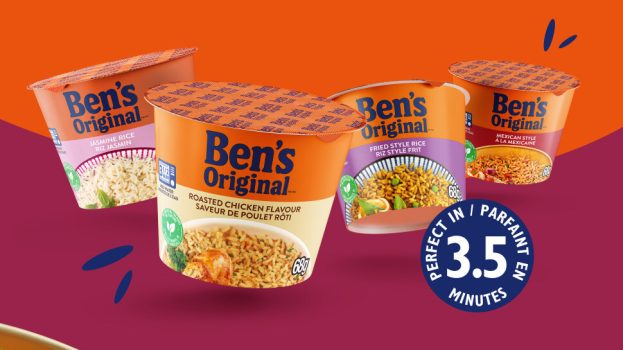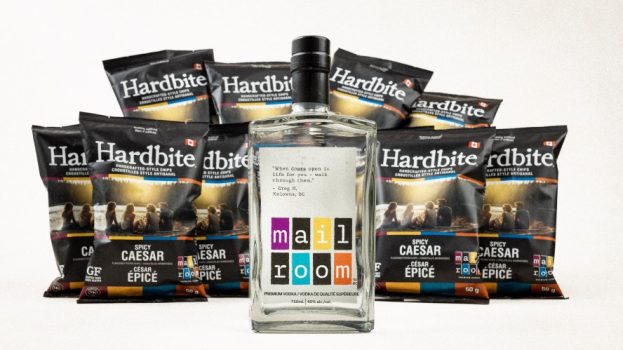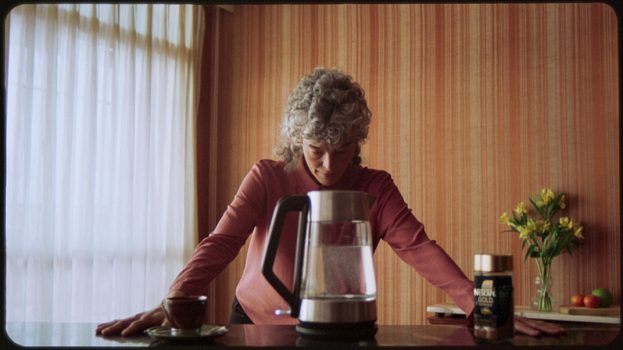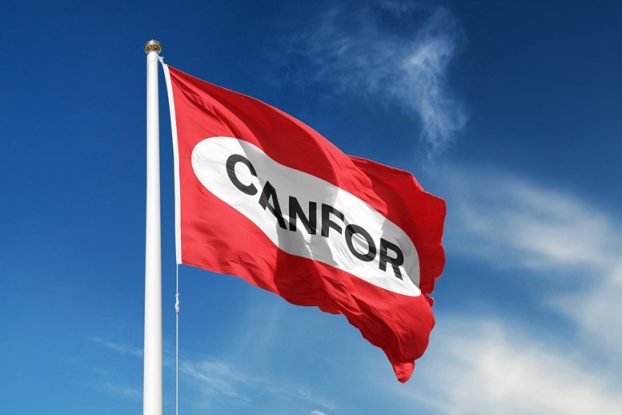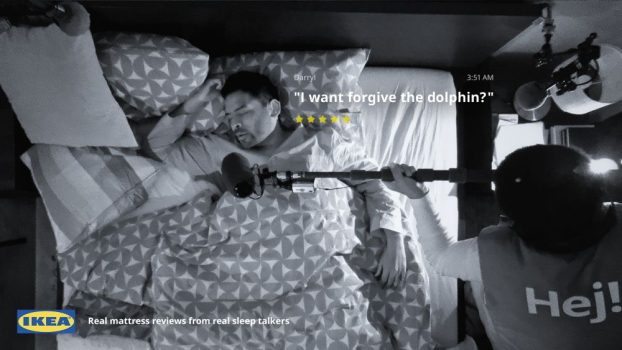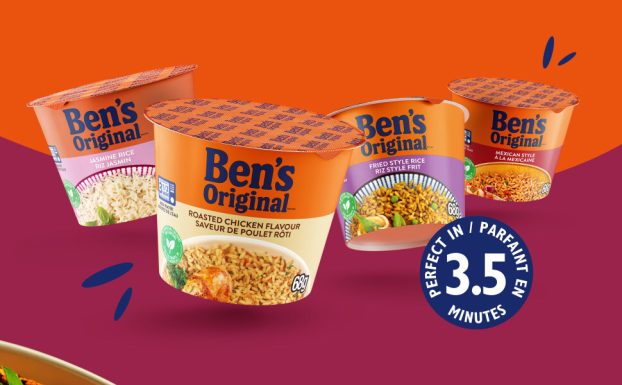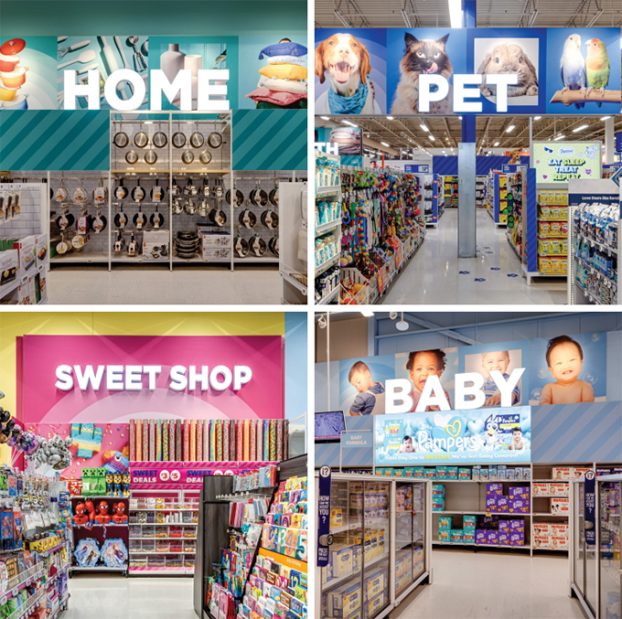WakeWater is hoping to claim its share of the caffeinated H20 market, before a new version of the “cola war” spills across the border with big entrants battling for supremacy.
Stateside, Pepsico took to Instagram in February, hinting at a caffeinated version of its Bubly sparkling coming to market. Not to be outdone, Coke’s Aha line of sparkling water already has a handful of SKUs with 30 mg of caffeine.
So it appears Iconic Brewing, makers of WakeWater, were on to something when members of the Bubly-loving team wondered if there was an opportunity around a version of that beverage with caffeine.
Iconic, based in Toronto, was already active in the RTD beverage space. It makes the Cottage Spring line of vodka sodas, Good Vines wine spritzer, Cabana Coast canned Moscow Mule and the Liberty Village line of ciders.
Seeing a new opportunity, Iconic Brewing did a few test batches. Now, it has signed an Ontario deal with two grocery banners to get its grapefruit flavour in store.
“We don’t want to call it an energy drink, because you think of Red Bull and Monster and an ingredient panel you can’t pronounce,” says Iconic’s director of marketing, Keith Walker. WakeWater, by contrast, is straightforward sparkling water, but offers what he calls a “healthy alternative to coffee or traditional energy drinks,” with 85mg of caffeine, about the same amount as a small cup of coffee.
WakeWater is targeting the health conscious consumer, who either don’t like coffee or can’t digest it. It aims to be simple and transparent about that on pack, he says, with a prominent “0” next to carbs, sweetener and sugar.
Community sampling will be targeting recently opened gyms in Toronto, specifically the Saturday morning rush they get, with street team on the streets outside for the remainder of summer and early fall (the brand also hopes to build relationships and get stocked in their fridges, after reopening settles down and gyms are able to prioritize making those partnerships again).
An influencer campaign is focused on wellness and fitness related creators, and Iconic Brewing has designs on celebrity endorsements, particularly pro athletes. Traditional paid social ads are targeting the Ontario market, where it will first be in stores, with messaging focused on the functional benefits of caffeine and helping people “wake up.” Digital spend and more traditional media will ramp up with the in-store launch, when the brand will look at building out its trade marketing, displays and POS materials (Walker could not disclose which banners the deal was with, or when the in-store launch was planned).
For now, Iconic Brewing is choosing to eschew the premium bottle look of sparkling competitors like Perrier or premium mixer 1642 and opt instead for a can, with sleek design that has increasing adoption in adjacent categories but stands out among other energy drinks.
“We want to be in the drinks aisle, not the niche health aisle,” Walker says. “We want it beside Red Bull and Monster.”
With WakeWater being Iconic’s first foray into the nonalcoholic space, it’s learning about new channels like grocery, convenience and quick-serve restaurants, but also keeping an eye on office buildings in downtown Toronto.
“We are going to try to be in every office in downtown Toronto,” Walker says. “There is a ton of coffee drinking and we are not trying to disrupt the ritual, but those afternoon cups can be replaced.” With uncertainty surrounding the return to offices, however, the brand is also hoping that there is opportunity in terms of employee wellness initiatives, citing Zoom virtual tastings done by companies for their workers.



